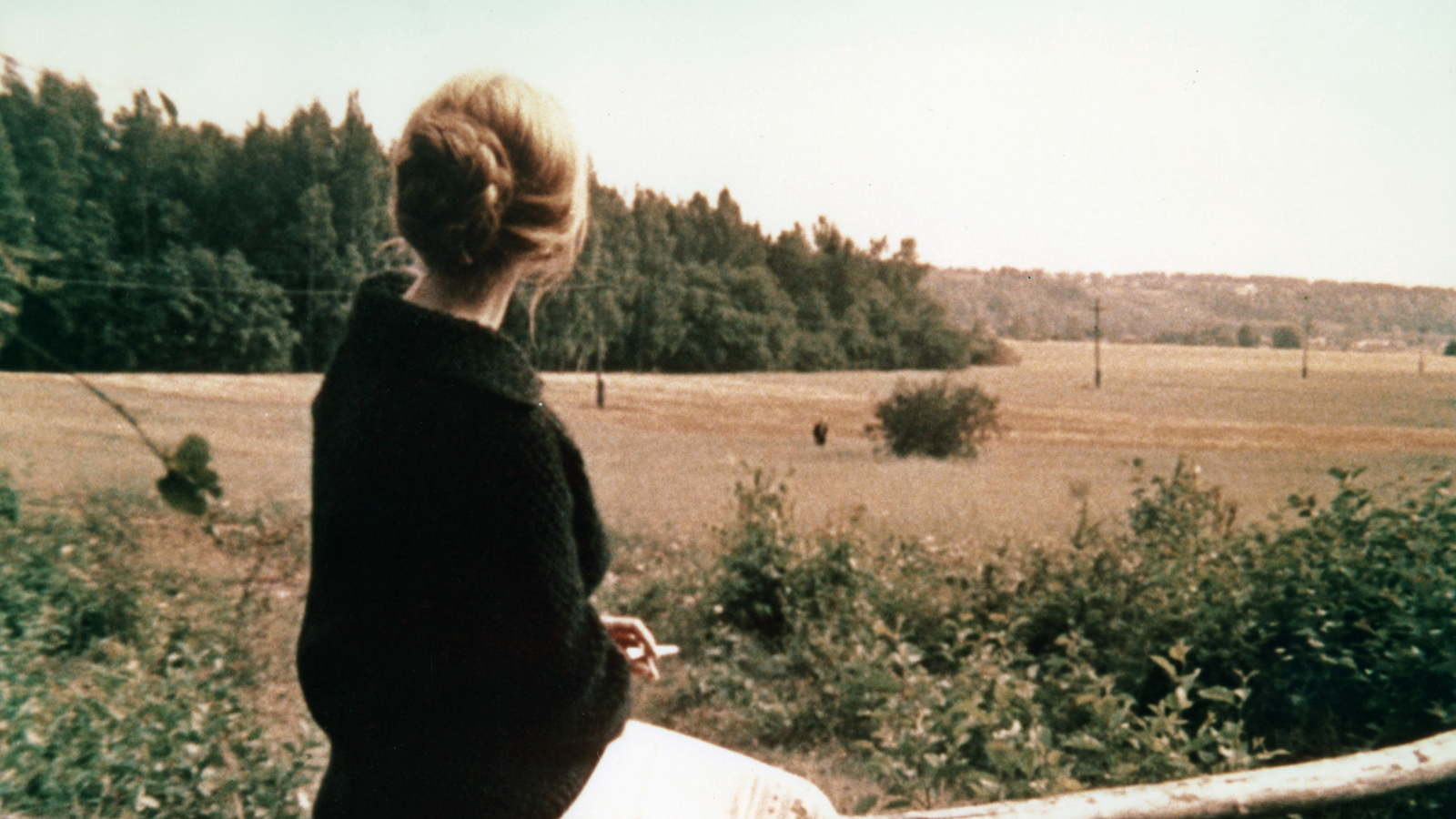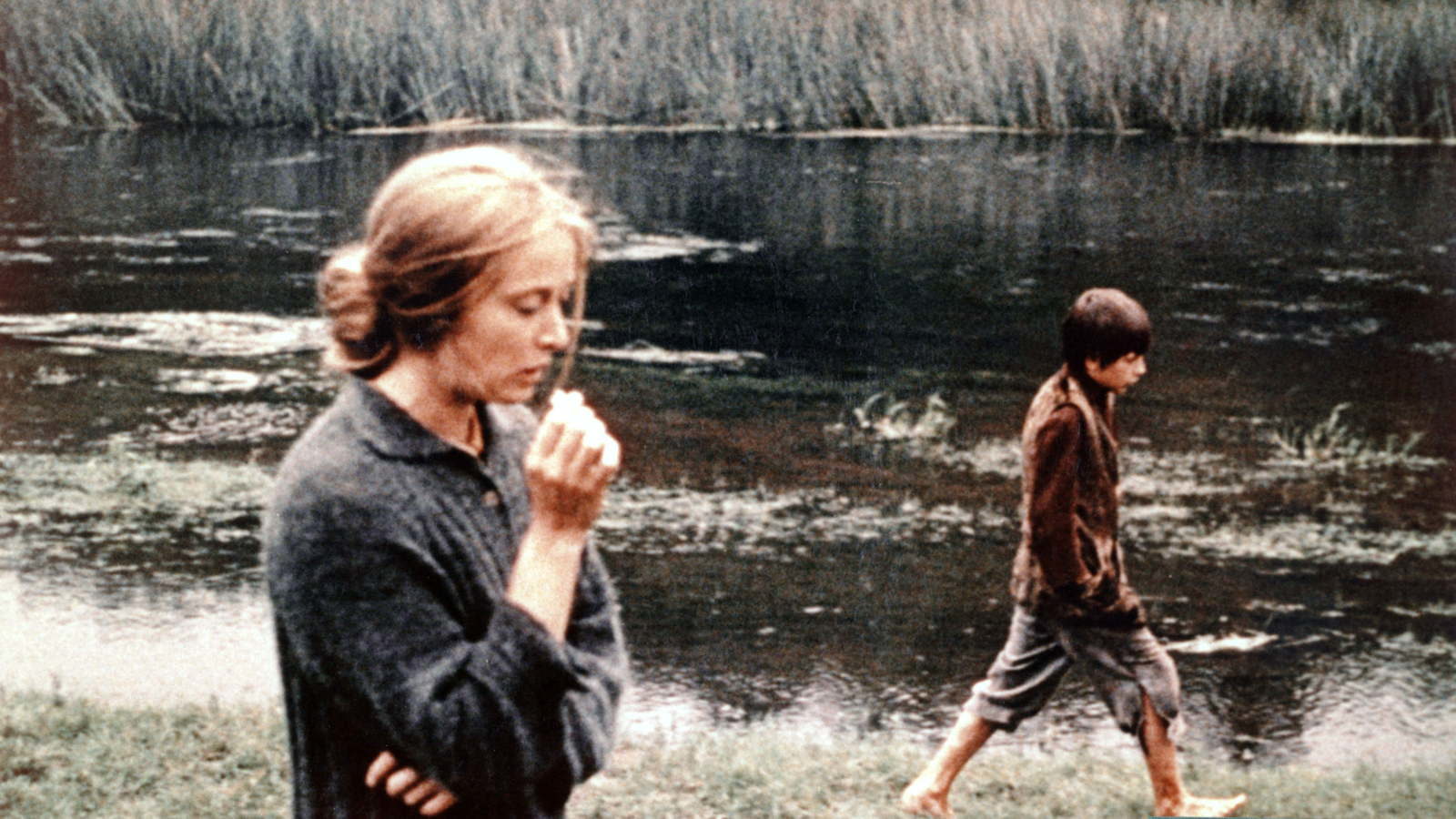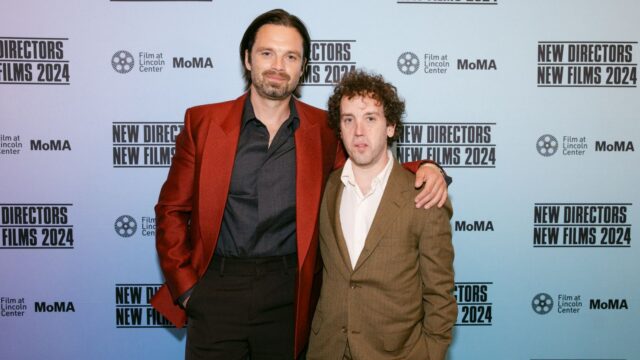Print Screen: Susan Howe and Tarkovsky’s The Mirror
Bridging the worlds of cinema and literature, our new recurring series Print Screen invites our favorite authors to present films that complement and have inspired their work, with discussions and book signings to follow screenings. For this installment, on the occasion of the publication of her latest collection of essays, The Quarry (November 10 from New Directions), poet Susan Howe joins us to present a screening of Andrei Tarkovsky’s masterful meditation on memory, The Mirror, with a discussion and book signing to follow.
One of the preeminent poets of her generation, Susan Howe is known for innovative verse that crosses genres and disciplines in its theoretical underpinnings and approach to history. Layered and allusive, her work draws on her Irish roots and early American history weaving quotation and image into poems that often revise standard typography. Howe has received numerous honors and awards for her work, including most recently the 2010 Bollingen Prize and a Guggenheim fellowship. She taught for many years at the State University of New York-Buffalo, where she held the Samuel P. Capen Chair of Poetry and the Humanities.
The Mirror / Zerkalo
Andrei Tarkovsky, USSR, 1975, 35mm, 108m
Russian and Spanish with English subtitles
Andrei Tarkovsky’s fourth feature is perhaps the great director’s most personal and evocative work. It traverses three generations of a poet’s family in 20th-century Russia; his relationships with his wife, mother, and children, and the society around him coalesce through events connected only by the interior logic of the poetic subconscious, yielding associations that both mystify and enthrall. Unified by Georgi Rerberg’s delicate lensing, The Mirror radically shifts in both texture and color, abstracting elemental happenings from the minutiae of everyday life (the way that waves of air spread across a field or that spilled milk pools on a table), and instilling in us the enigmatic sense of being outside space and time—recalling the nostalgic sensations of memory through our seamless immersion into those of another.
Susan Howe on The Mirror: “One could say Andrei Tarkovsky’s The Mirror is preeminently a poet’s film or a documentary poem. It has an extra and terrible reverberation for me because my childhood was profoundly marked by the Second World War and the longing I felt for my absent father who was serving in ‘The European Theatre of War’ during those years coupled with fear for my mother’s family across the ocean we couldn’t cross. The way Tarkovsky measures out his life not with T.S. Eliot’s coffee spoons but by way of screen memories and dreams including central sequences of documentary newsreel footage enthralls me. The timelessness of this great film of mirrored memory seems profoundly moving today as we see all the current images of refugees, so many of them children, endlessly walking, adrift, some drowning, dying of exhaustion; people crowded into railroad cars, or herded into buses in a seemingly endless progression across national borders now toward Spain, toward Germany as if history moves in an immense ironic circle. Is repetition a law? All of us are on the seashore now. ‘Drum roll percussion echo reverberation.’”








